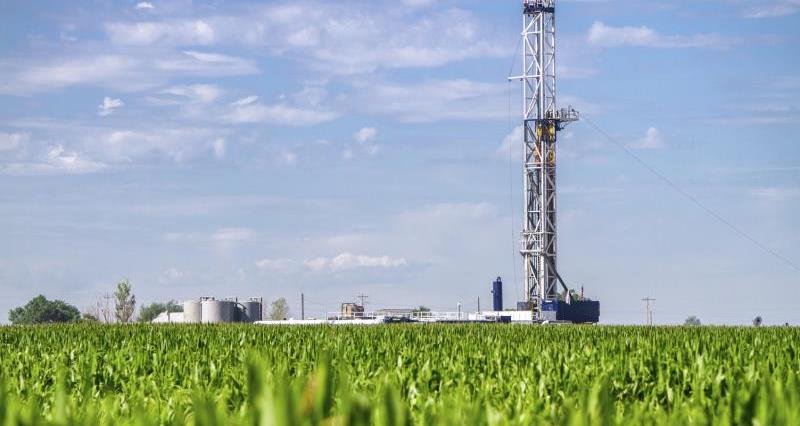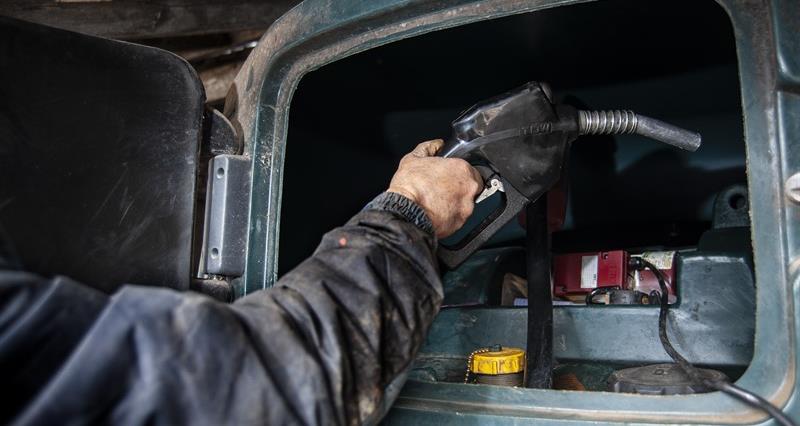With much of the focus of the announcement aimed at domestic consumers, there was also a headline announcement surrounding business support.
Interestingly, in its own headline, the government admits that the energy market is broken – whether this is an official admission of market failure is likely to be slightly different.
There is little detail about what the government intends to do to ‘fix’ the market with an Energy Supply Taskforce announced.
The Taskforce appears to be more of a negotiation force with suppliers to reduce cost. While this might be welcome, economists and energy market analysts may argue that this isn’t really a fix for the energy market.
Encouragingly, there is a focus on increasing domestic energy supply from a diverse range of sources.
The NFU believes that farming businesses can help contribute to sustainable energy generation in partnership with food production. For this to happen though there are several barriers to address such as connectivity. This will be a key part of NFU’s work going forwards.
What has been announced for businesses?
A new six-month scheme offering equivalent support to domestic energy consumers. However, this is clearly much shorter than the two-year Energy Price Guarantee for domestic consumers.
“Like many sectors, the British farming sector is facing crippling costs. Some fruit and vegetable growers have been hit by 300% increases in energy costs, and horticulture businesses aren’t the only ones impacted. Across all sectors, there are many farmers who simply can’t afford to keep producing the same volume of food.”
Rather than a freeze on the total bill, the domestic scheme appears to be limiting electricity rates at 34p/kWh and gas at 10.3p/kWh.
In three months’ time, there will be a review to consider where the focus should be placed to support the most in need.
After the initial six-month scheme, the government will provide focussed support to vulnerable industries.
A lot of detail still absent
The scale of the intervention announced by government and of course, the period of national mourning means that a lot of detail is still absent from the business element of the scheme.
The NFU has complied a developing list of questions for government, that will help bring clarity to the scheme for farming businesses.
This is an evolving list of questions as the NFU learns more about the scheme.
- What parameters is the government using to determine that the energy market is broken, does this constitute market failure and what outcomes will determine that it is fit for purpose?
- Will the scheme for businesses start on 1 October like the scheme for consumers?
- In contrast to a two-year cost ceiling for consumers, why has business only been afforded a six-month scheme?
- Beyond the initial six-month period, how is a ‘vulnerable industry’ defined?
- What protection will the scheme deliver for businesses that have already fixed their prices?
- Will the scheme apply to high energy users eg, fertiliser manufacturers?
- Will businesses that use tanked gas and heating oil be eligible?
- How will businesses on Economy 7 electricity tariffs be treated by the scheme Vs standard tariffs?
- How will standing charges be treated, will there be a cap on them too, or just the kWh rate?
NFU members can keep up to date with this story here and on the NFU App.



